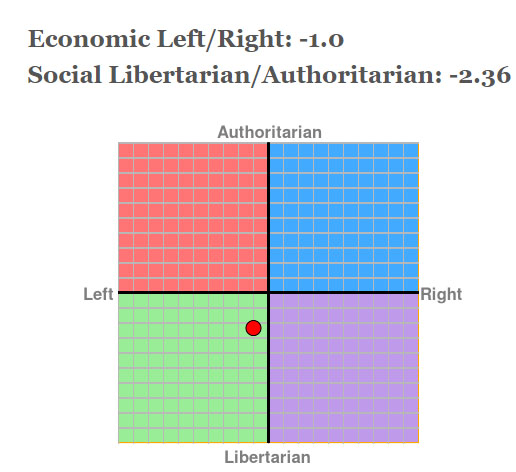History:
- 19 October 2010 announced the launch of the i.
- The first issue of the i went on sale for 20p on 26 October 2010
- Starting on 7 May 2011 a Saturday edition was published, with more pages and at the price of 30p
- This increased to 40p in January 2014, with the weekday edition rising to 30p.
- In September 2016, the price was raised to 60p, with the weekday edition rising to 50p.
Editors:
- 2010: Simon Kelner
- 2011: Stefano Hatfield
- 2013: Oliver Duff
2016-2018:
- On 11 February 2016, it was revealed that regional publisher Johnston Press, which owned the Yorkshire Post and The Scotsman, were in the advanced stages of talks to buy the i for around £24 million.
- a new, redesigned, version of the weekend edition of the i went on sale, costing 80p. This relaunch of the weekend paper saw circulation rise by around 30,000, to around 290,000 of the first edition of the redesigned paper being sold. By August 2018, the weekend edition had become the strongest day of trading for the i.
- the owners of the i, Johnston Press, announced the newspaper was bringing in a monthly profit of around £1 million
2019:
On 14 September 2019, The i weekend price rose from £1 to £1.20.
On 29 November 2019, it was announced that JPIMedia had sold the i newspaper and website to the Daily Mail and General Trust, which owns the Mail on Sunday and MailOnline. Lord Rothermere, the chair of DMGT, said that the paper would maintain its politically independent editorial style.


